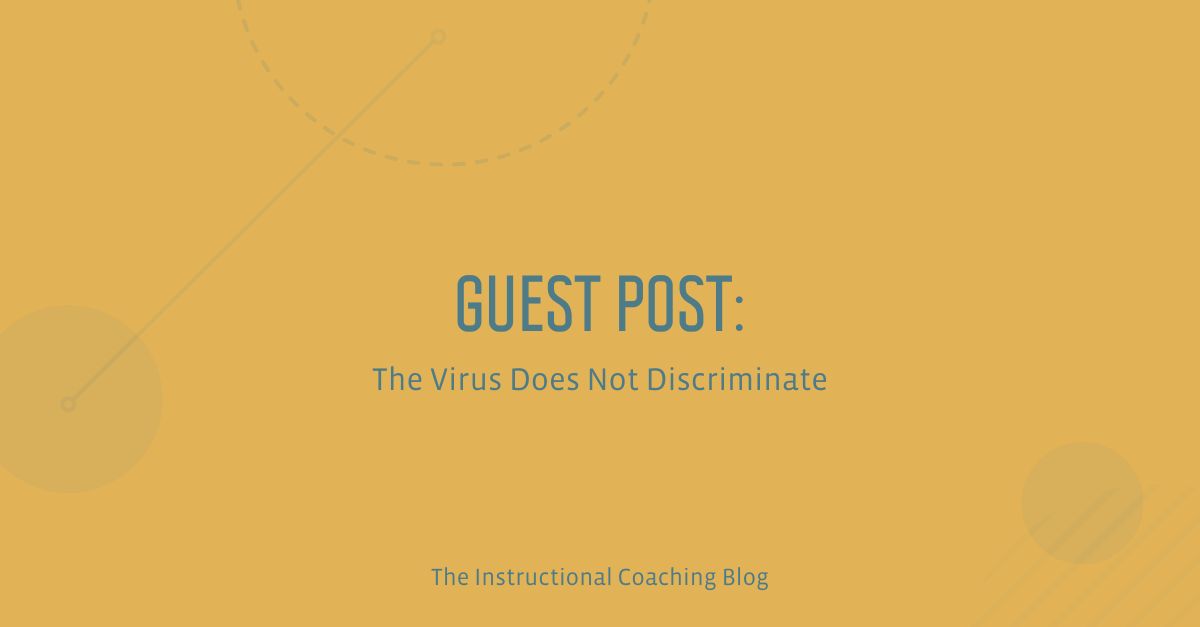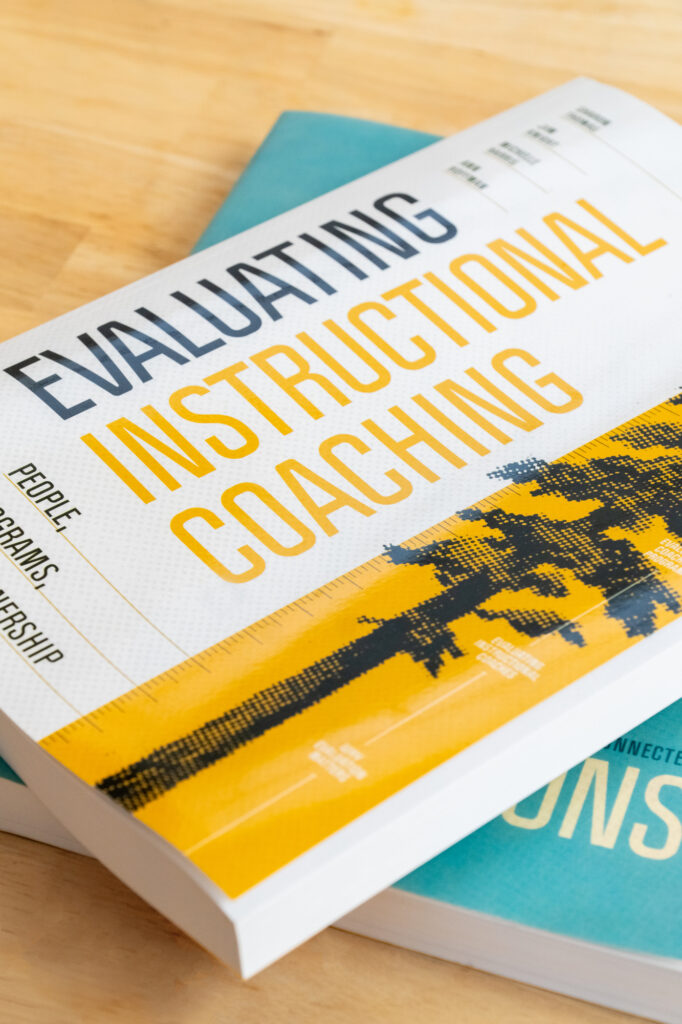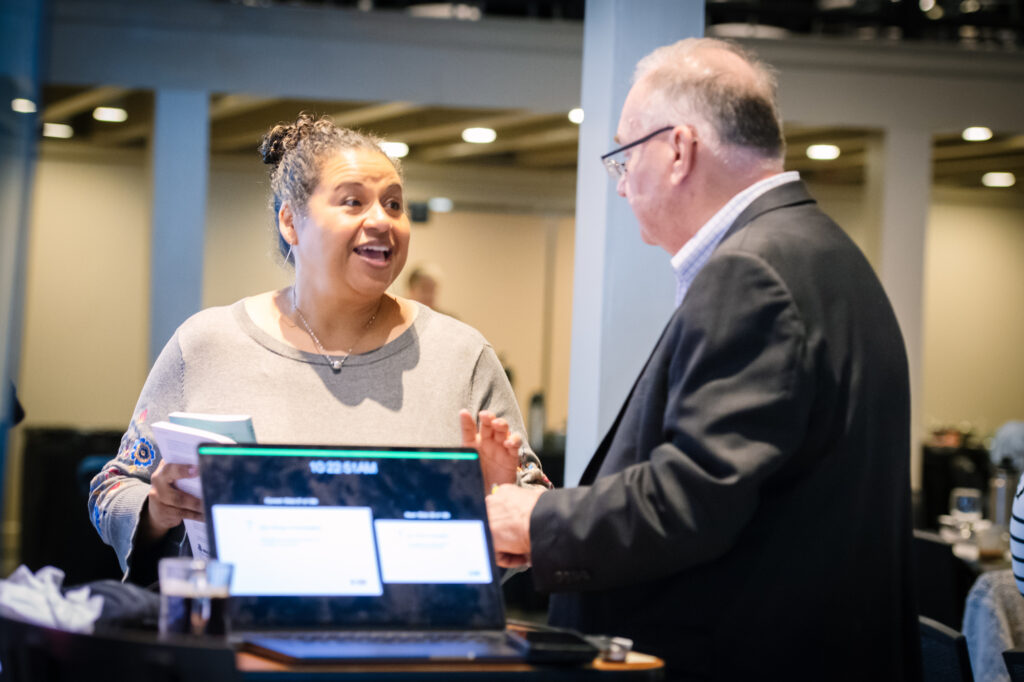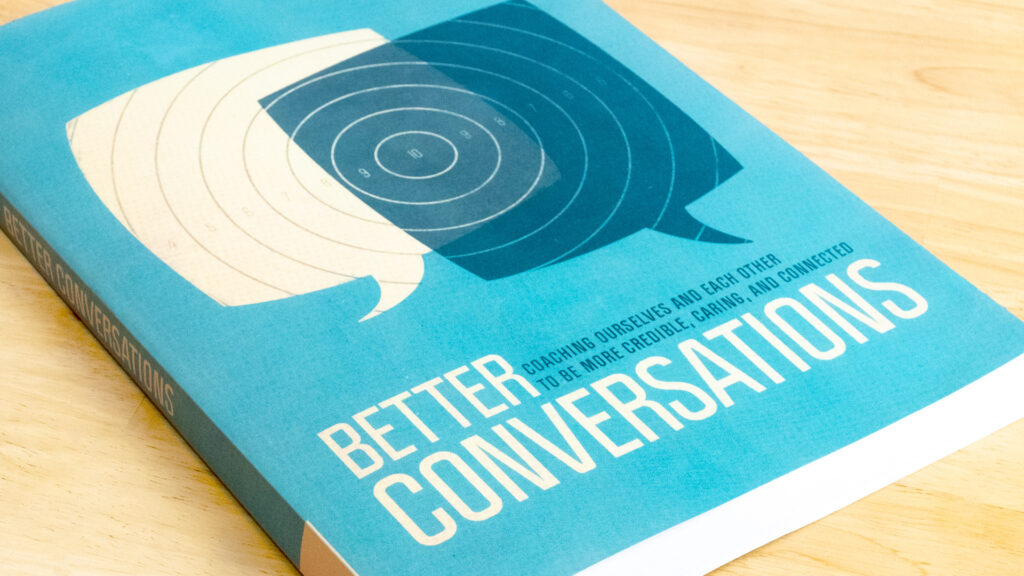Today we welcome a post from Won-Fong Lau Johnson, Ph.D., NCSP, who originally submitted this writing on equity for the iOpening Enterprises blog.
The virus does not discriminate — but many in schools do. What are you doing to protect your students?
Times of great crisis are also times of great potential –– just look at the world-changing shifts in gender equality we were able to make in the wake of WWII, the dramatic moves towards racial equity in the turbulent 1960s.To make these kinds of changes, however, we have to face what’s actually occurring, no matter how ugly the facts are, because only then can we make effective changes. For instance, there’s the ugly fact that racism against Asian-Americans has seen a massive spike since the pandemic started. In the San Francisco Bay Area, an increase in police presence has been requested due to a rise of hate crimes against older Asians. Fueled by fear and poor leadership (with President Trump calling COVID “the Chinese virus”, despite quickly backtracking afterwards), these incidents are making an already terrible situation even worse for Asian-American children, who are experiencing unprecedented levels of harassment, intimidation, and bullying. What’s more, these students often face non-responsive administrations when reporting their concerns, which serves to reinforce the idea that the discrimination is acceptable.Additionally, we are seeing structural racism at play here. Black Americans are 2.4 times more likely to die from COVID-19, highlighting another disproportionality within our system. Key things such as lack of access to quality healthcare and education among historically underrepresented communities are being heightened in light of this pandemic.
The risks of inaction are many and real, for both students and schools.
Failing to address cultural-responsiveness is not only an abdication of responsibility, it’s a major risk point for students and their schools. On the individual level, students experience increased levels of stress, mental health problems, and the long-lasting psychological damage inherent in discrimination. This can have significant effects on their school performance and home life, which is especially hard to deal with when normal routines are already so disrupted.Schools and educational systems are also at risk, with racism being a known factor in disrupting school culture, discipline, and student performance. Long story short? Discrimination is toxic, and the increasingly divisive environment, increased mental health concerns among marginalized groups in schools, and greater inequality directly connected to this moment in history will absolutely tear your school apart if you fail to address it.
Three simple solutions.
Racism is a complex issue that can’t possibly be solved with any one solution, or even a set of solutions. But there are simple actions you can take to protect the children in your life and in your schools, which, done together and at scale can make a difference. Here’s three I’d encourage you to try.
1. Integrate cultural humility into your school system.
Identify commonalities within the cultures in your school, and see how the differences can align and complement each other. As with any change, this needs to come from the top down — implement cultural responsiveness training (like the Bridge TICR program) for your staff and teachers, so they have the tools to understand, identify, and proactively deal with incidents of racism and discrimination and create an inclusive learning environment.
2. Do your best to make distance learning easy.
Do what you can to help students navigate the difficulties of distance learning, understanding that there may be cultural factors at play in students’ home life that are affecting their ability to learn. Be as involved as you can with your student population, keeping a particular eye out for red flags for disparities and inequalities that students might not want to admit to. At the very least, check in with your students to see if their basic needs are being met, and acknowledge the difficulties they may be going through by being as flexible as possible with grading and deadlines.
3. Take time to reflect on your values.
Our actions are always directly correlated to the values we hold. You’ll find that this is a real opportunity to see whether your stated values are actually the values at play in your school system, simply by looking at what actions people are taking. If you don’t like what you see, then take this time to reassess your values and create a practical strategy for how you’re going to help those play out in your school.
Above all, remember: the virus does not discriminate.
And neither should we. This is an opportunity for us to all work together to build a better society than we’ve ever had — but that won’t happen without the direct action of concerned individuals like yourself. Join us in standing up to small-minded hatred and bigotry, and make your school and your children’s schools a safe place for all.
About the Author

Won-Fong Lau Johnson, Ph.D., NCSP, is a Licensed Clinical Psychologist and a Nationally Certified School Psychologist. She is currently the Assistant Director of Service Systems at the UCLA-Duke National Center for Child Traumatic Stress. Dr. Lau Johnson has clinical experience working in schools, community mental health, and hospital settings. Both providing direct service and serving as an advocate for equitable behavioral healthcare are of great importance to her. As someone who identifies as a woman of color with a disability, she is passionate about creating more inclusivity and working with historically underrepresented populations. She has dedicated her career to advocate for change in policies and conducting research on culturally responsive treatments for Black, Indigenous, and People of Color, and has developed a specialty in trauma-informed practice.
About iOpening Enterprises
Through a whole-person centered, strengths-based approach, iOpening Enterprises helps schools, justice agencies and organizations across sectors, operate in a trauma-informed culturally responsive way, and prioritize wellness in the workplace through a diversity, equity, and inclusion (DEI) lens. We’re focused on building sustainable systems to ensure inclusive, healthy, and equitable classrooms and workplaces. Through keynotes, webinars, workshops, training, and consultation, CEO Dr. Isaiah Pickens along with our team of licensed clinical psychologists, provide highly engaging and evidence-based resources and solutions.





























